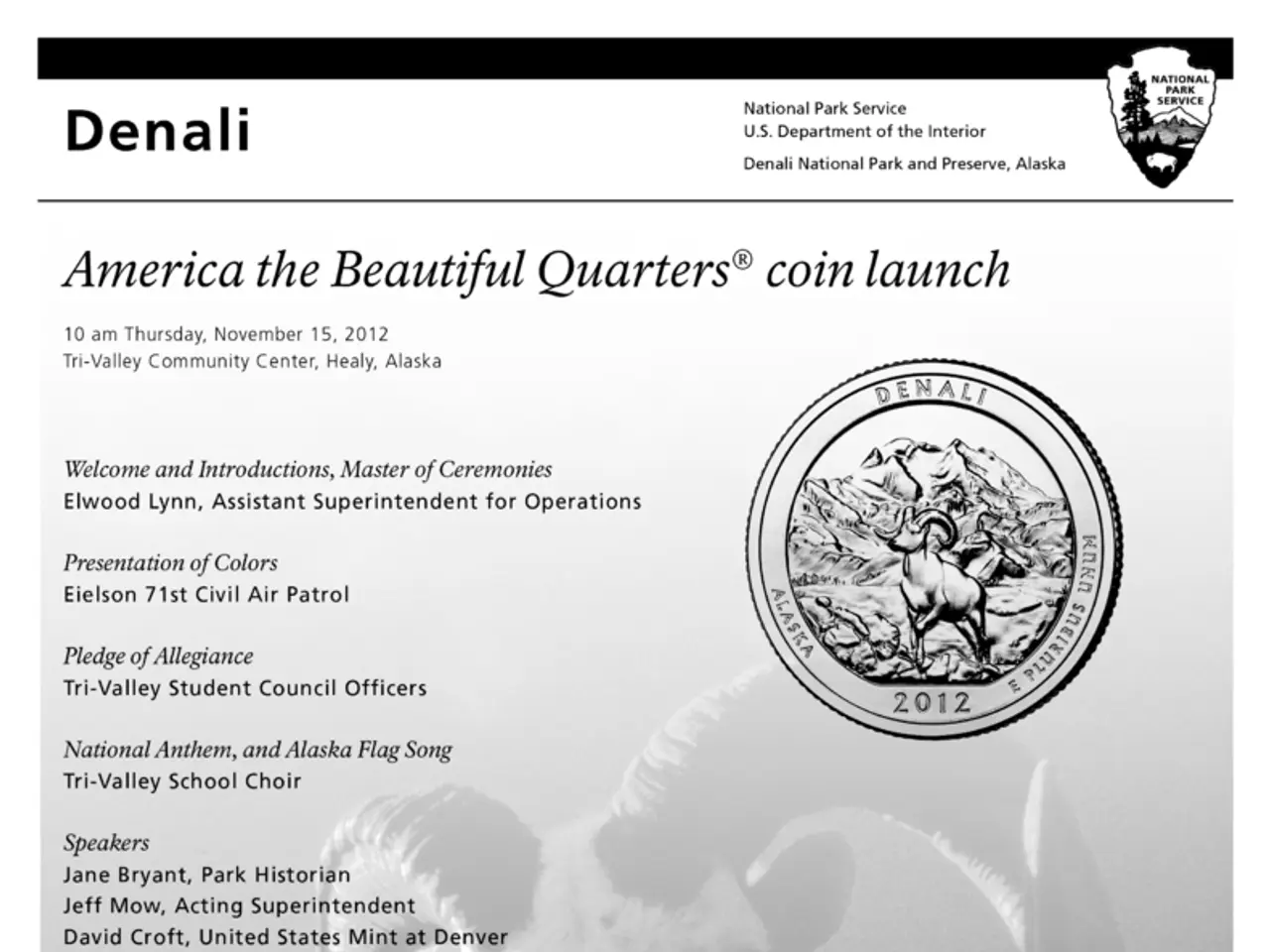Principles from Stoicism for Handling Insulting Treatment
In the bustling world of project management, Zach found himself facing a challenging situation with Tina, his team leader. Rather than trying to control Tina's behaviours, Zach decided to focus on manifesting virtue in his own perceptions and actions. This approach was rooted in Stoicism, an ancient philosophy that helps individuals deal with disrespect and negativity from others.
At the heart of Stoicism is the belief that people are disturbed not by things themselves but by their judgments about those things. When faced with disrespect, it is our interpretation that triggers anger or pain, not the event itself. By recognising this, Zach created the space to choose a calm, reasoned response instead of reacting impulsively with anger or retaliation.
One practical approach Zach adopted was owning his response. He understood that he could not control Tina or her words, but he always controlled how he responded. He refused to give his peace away to moments of disrespect and chose calmness instead.
Another strategy was to be aware of his emotional triggers. Zach noticed physical and mental signs like a racing heart or a rush of thoughts demanding retaliation. By observing these rather than immediately acting, he gained the power to respond thoughtfully.
Stoicism also taught Zach to detach his self-worth from external validation. He rooted himself in his own values and self-awareness, building inner stability that allowed him to remain calm and self-assured amid disrespect or criticism.
Disrespect, for Zach, became an opportunity for personal growth. With calm authority, he transformed disrespect into feedback, and confrontation into conversation. This often led to mutual respect and guided interactions constructively.
Historical Stoics like Marcus Aurelius chose silence over anger when faced with betrayal or insult, demonstrating the power of composed restraint to diminish the impact of disrespect. Zach followed suit, breathing deeply before responding to Tina's criticism.
In a bid to boost his team's productivity, Zach focused less on changing Tina's leadership approach and more on improving the team's performance. He practiced not taking Tina's false allegations personally, understanding they likely stemmed from her stress about management responsibilities.
Zach's approach to managing interpersonal conflicts was a testament to the profound practical wisdom offered by Stoicism. By embracing this philosophy, he built resilience and levelheadedness, enabling him to act his best in challenging situations.
Zach remembered that everyone makes mistakes and has emotional outbursts. He extended human empathy towards people's flaws, empathising with Tina's mistakes under pressure and forgiving her outburst.
In the end, Zach provided factual evidence showing he had completed the project ahead of schedule, as per Tina's instructions. His calm, reasoned response and focus on self-mastery had not only helped him maintain his inner peace but also contributed to the team's success.
Stoicism, with its emphasis on inner discipline and self-control, offers a timeless guide for navigating the complexities of human interaction. By applying its teachings, individuals can transform negativity from others into a chance for personal growth and measured action, rather than emotional turmoil.
After realizing that his own reactions are under his control, not Tina's words or actions, Zach decides to invest in his personal growth by adopting education-and-self-development practices based on Stoicism. This philosophy, rooted in the understanding that emotions stem from judgment rather than events, helps Zach maintain relationship quality with Tina, despite the challenges, by promoting an emphasis on lifestyle rooted in calmness and reason.




